
Data Journalism
How CORRECTIV Supports Local Data Journalism in Europe: Q&A with Editor-in-Chief Olaya Argüeso
This project aims to help local journalists publish data stories when they wouldn’t otherwise have the time or money to do it.

This project aims to help local journalists publish data stories when they wouldn’t otherwise have the time or money to do it.
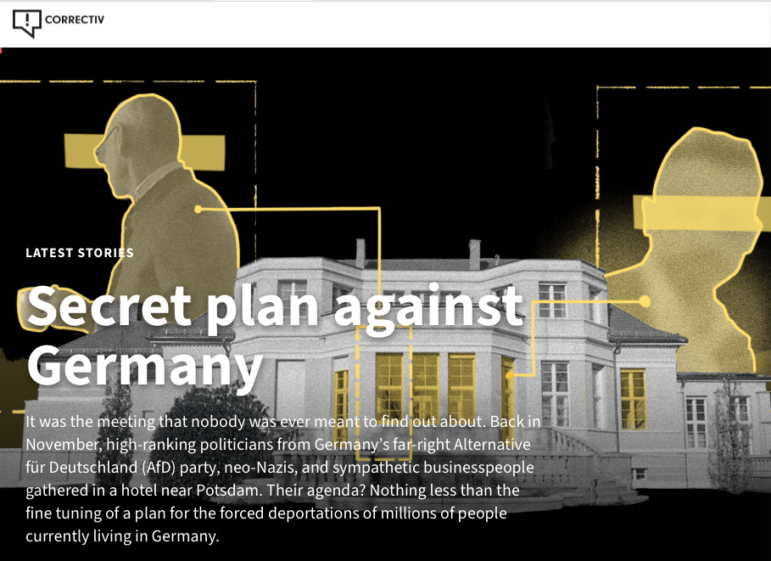
Behind the scenes of the blockbuster CORRECTIV investigation that revealed a disturbing far right ‘master plan’ to expel millions of people from Germany.
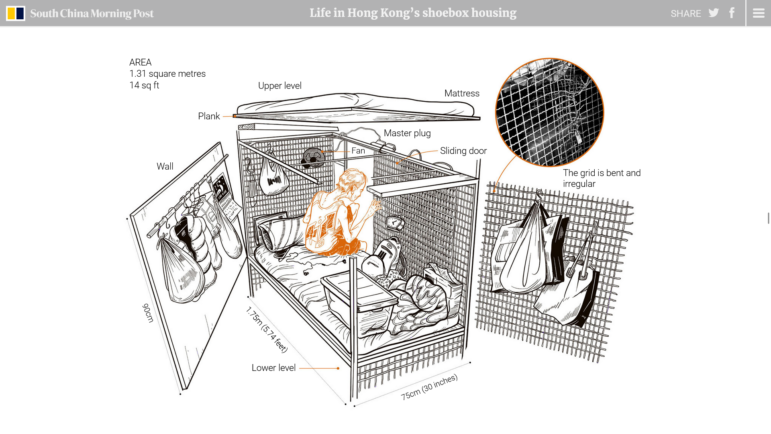
This week, GIJN’s roundup of the best in data journalism features an analysis of the impact of Russia’s Black Sea blockade on the global food chain, a deep dive into the US military’s role in aiding Saudi-led airstrikes in Yemen, and a look at how different forms of inequality affect the lives of residents in Brussels, Belgium.
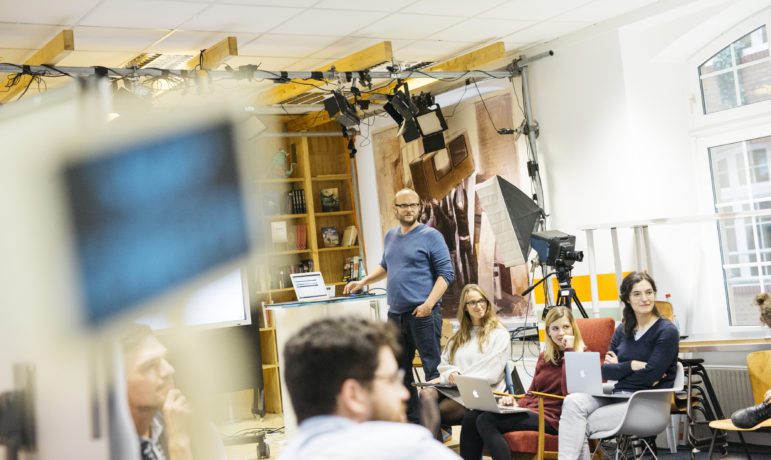
CORRECTIV boasts a €4 million annual budget, a staff of 60, and has become one of the world’s largest nonprofit centers for investigative journalism. As founder David Schraven had hoped, the outlet has delivered blockbuster investigations and trained aspiring journalists, as well as staged plays and exhibitions inspired by current affairs that serve to bridge the gap between art and news.
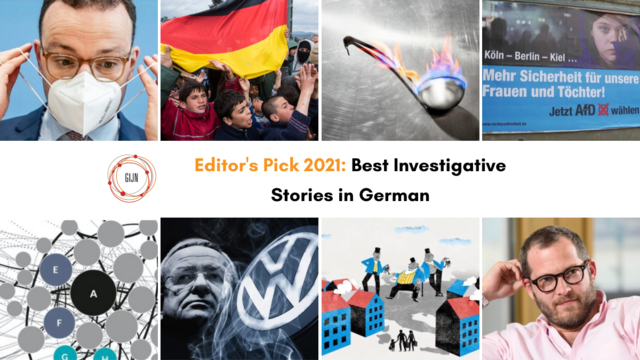
Despite myriad challenges, 2021 saw a number of remarkable investigations by German-language media. They uncovered scandals linked to the COVID-19 pandemic, investigations linked to big money and tax fraud, while others touched on morals and ethics. Other stories that made our list dug into the EU, working conditions at top restaurants, migration, and terrorism.

The German nonprofit news site Correctiv wanted to cover important issues — such as property ownership in German cities — that didn’t have accessible public data. So it created CrowdNewsroom, a platform that enables it to empower readers to contribute to investigations.
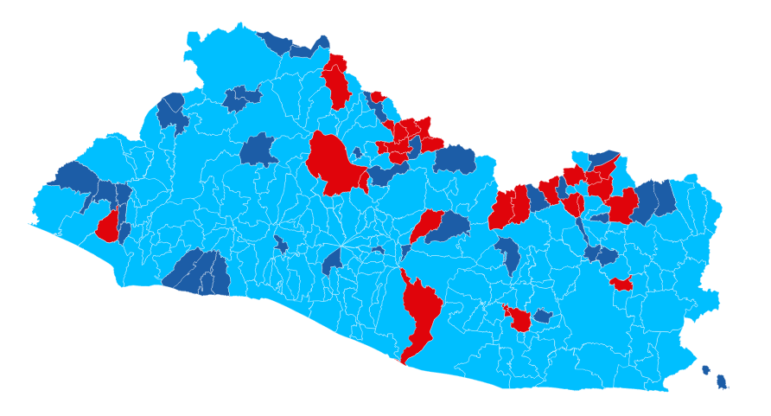
What’s the global data journalism community tweeting about this week? Our NodeXL #ddj mapping from February 11 to 18 finds learning opportunities from @utknightcenter and @WorldResources, while @Tagesspiegel and @correctiv_org ask who owns Berlin’s housing and @LacePadilla examines what makes a good visualization.
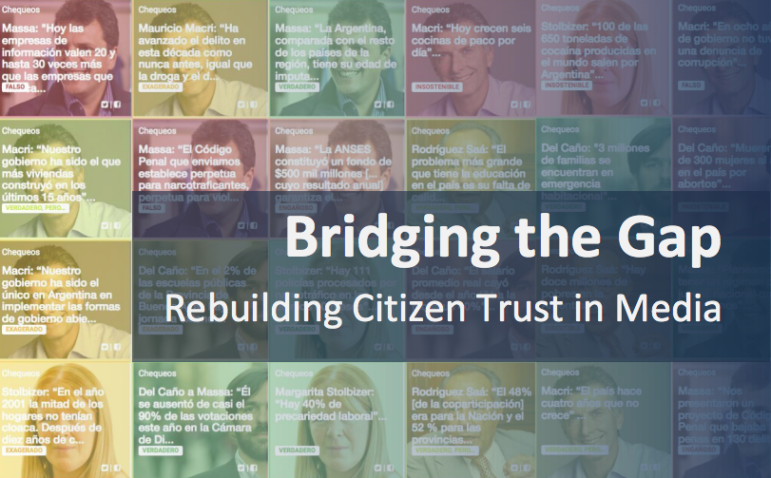
Journalists in many countries are experimenting with how to build trust and engage with audiences. Now, a new study, Bridging the Gap: Rebuilding Citizen Trust in the Media, profiles organizations working to build bridges with readers, viewers and listeners and deliver relevant news to local audiences. The study surveys 17 organizations from Argentina to Zimbabwe.

What member participation activities are most useful to investigative news sites and most rewarding to members? The Membership Puzzle Project asked investigative news startups in Europe what they’ve been trying out.
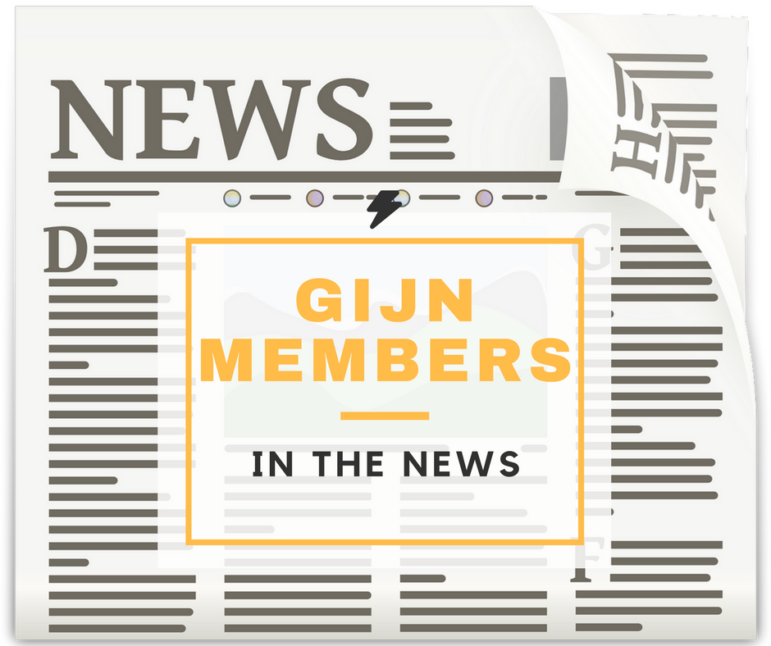
It’s been a busy first quarter of 2017 for GIJN members — from picking up Pulitzer Prizes to launching crowdfunding campaigns. There have also been new projects and new collaborations forged. Here are some noteworthy splashes made by GIJN members around the world.